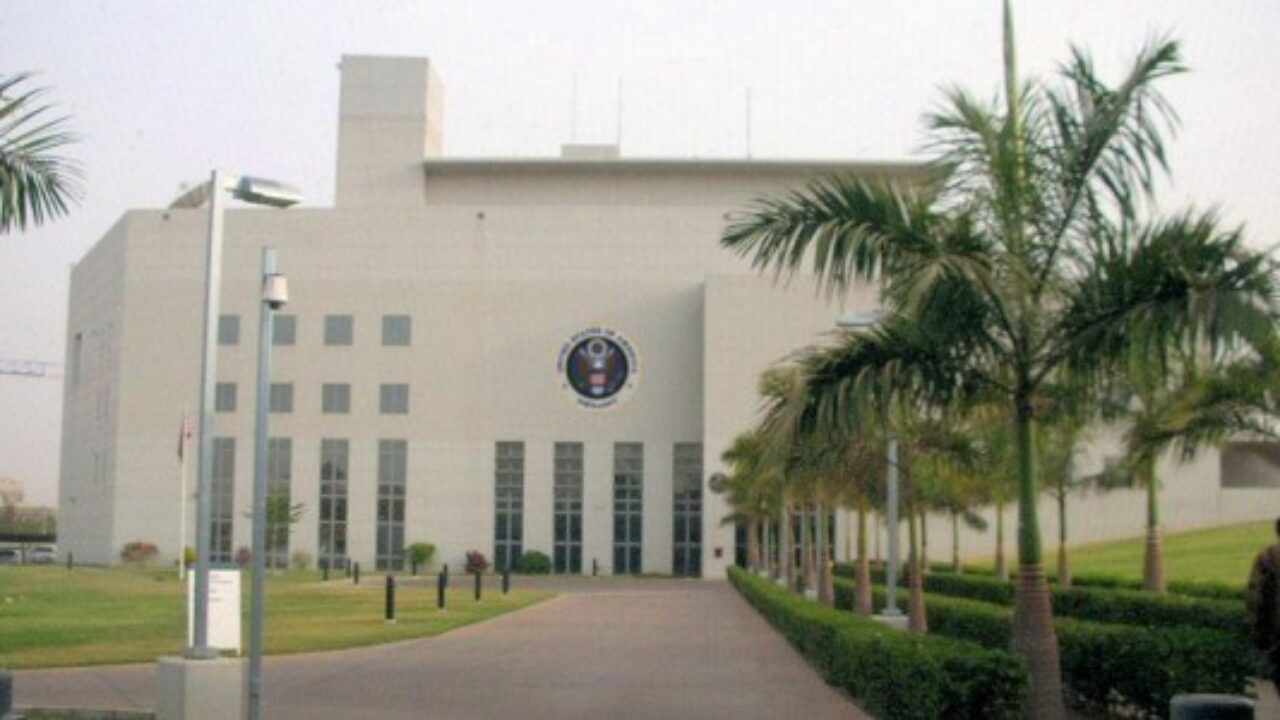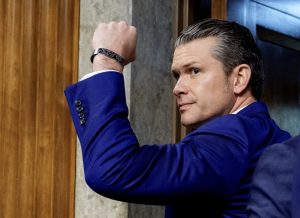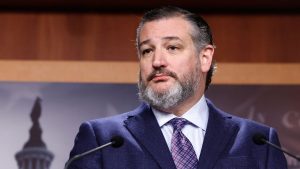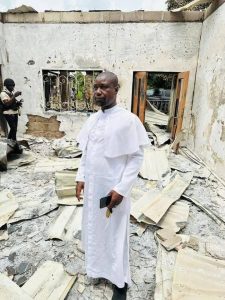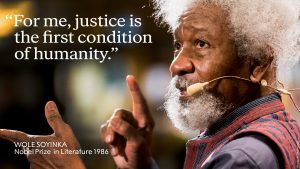Abuja, Nigeria – 21 July 2025
A Nigerian civil society organisation has formally petitioned the United States Embassy in Abuja, urging the imposition of a visa ban on Edo State Governor Monday Okpebholo and his family. The petition, dated 21 July 2025, accuses the governor of issuing threats against former Labour Party presidential candidate Peter Obi, claiming these actions violate democratic norms and constitute an abuse of state power.
The Leadership & Accountability Initiative, a registered civil society group focused on promoting transparency and good governance, submitted the letter to US Ambassador Richard M. Mills Jr. at the Federal Republic of Nigeria’s US Embassy in Abuja. Signed by Emmanuel Egbeloshu Ari and Manu Itodo, the document highlights concerns over what it describes as a “grave threat to democratic stability and political coexistence” in Nigeria. The group argues that Governor Okpebholo’s statements on 18 July 2025, during a political defection event in Uromi, Esan Northeast Local Government Area, amounted to a direct threat to Mr Obi’s life and freedom of movement.
In the widely circulated video from the event, Governor Okpebholo warned Mr Obi not to visit Edo State without prior notification and security clearance from him. “There is a new sheriff in town. He [Peter Obi] cannot just come into Edo without informing me. His security will not be guaranteed. If anything happens to him here, he will have himself to blame. I’m not joking,” the governor stated. He linked Mr Obi’s recent visit to Benin City on 7 July 2025—where the former Anambra governor donated ₦15 million to St Philomena Hospital School of Nursing Sciences—to subsequent unrest, alleging it led to the deaths of three people, though this claim remains unverified by local authorities.
The petition emphasises two primary reasons for international sanctions: violation of democratic norms through threats and obstruction of political opponents, and abuse of state power to repress opposition and discourage dissent. It portrays Governor Okpebholo’s actions as part of a broader pattern of intimidation, including reports of attempts to isolate political figures and undermine multiparty democracy in Nigeria. “We recall that just weeks prior, another sitting governor in a neighbouring state reportedly indicated an orchestrated attempt to isolate, silence, and possibly endanger the life of Mr Obi,” the letter states, without specifying further details.
This incident marks the second time in recent months that Mr Obi has faced restrictions from an APC-led state government. In April 2025, Benue State Governor Hyacinth Alia reportedly barred Mr Obi from visiting internally displaced persons’ camps in his state. Critics argue these moves reflect growing political intolerance ahead of the 2027 elections, where Mr Obi is widely expected to run again.
The petition has sparked widespread outrage across Nigeria’s political spectrum. Human rights lawyer Femi Falana SAN condemned the governor’s remarks as a “death threat” and urged Mr Obi to seek enforcement of his constitutional rights through the Federal High Court in Benin if the statements are not withdrawn. Labour Party senators, including Victor Umeh and Ireti Kingibe, described the warning as “executive rascality and abuse of office,” citing Section 41(1) of the Nigerian Constitution, which guarantees freedom of movement for all citizens.
Nollywood actor and lawyer Kenneth Okonkwo, a close ally of Mr Obi, labelled the governor’s comments as “unconstitutional,” “illiterate,” and indicative of “ethnic bigotry,” viewing them as an attack not just on Mr Obi but on the Igbo people. Political activist Aisha Yesufu echoed these sentiments, questioning the governor’s audacity to act as if Edo State were his personal estate. Civil society organisations, including the Coalition of United Political Parties (CUPP), called the remarks a “disgraceful display of thuggery” and demanded accountability from leaders across parties.
The African Democratic Congress (ADC) and groups like ImpactHouse Centre for Development Communication also blasted the governor, with the ADC petitioning both the US and UK embassies for similar travel bans. Social media reactions have been intense, with hashtags like #PeterObiAt64 trending amid calls for Nigerians to condemn the threats.
In response, the Edo State Government denied any threat, clarifying that Governor Okpebholo’s comments were merely a call for adherence to security protocols. A statement from Chief Press Secretary Fred Itua on 20 July 2025 emphasised the governor’s role as the state’s chief security officer, requiring high-profile visitors to notify authorities to ensure safety, especially amid rising abductions and attacks on religious figures. “The governor did not issue any form of threat to Mr Obi but rather emphasised the need for politically exposed persons to seek security clearance,” the statement read, dismissing misinterpretations as politically motivated.
Governor Okpebholo, who assumed office in November 2024 after winning the Edo gubernatorial election as the APC candidate, has defended his stance as necessary for maintaining order. However, analysts warn that such rhetoric could exacerbate ethnic and political tensions, potentially fuelling fears of instability ahead of 2027.
The US Embassy has yet to respond publicly to the petition. As of 21 July 2025, Mr Obi has not issued a personal statement on the matter, though his supporters continue to rally against what they see as an erosion of democratic rights. The incident underscores ongoing debates about freedom of movement and political pluralism in Nigeria, with calls for federal intervention to protect constitutional guarantees.

